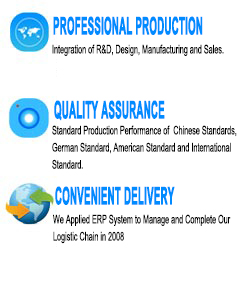The norm of shopping online for everything from daily essentials to big ticket items in China has boosted quarterly sales to all-time high for Alibaba Group Holding Ltd.
The world's largest e-commerce operator by transaction volume on Thursday reported its revenue jumped by 56 percent to 50.2 billion yuan ($7.4 billion) in the quarter ended June 30 for the fiscal year 2018.
That has beaten an annual revenue guidance frame of 45 percent to 49 percent given by its senior executives in June.
Net income nearly doubled to 14 billion yuan from the same period last year.
"Our technology is driving significant growth across our business and strengthening our position beyond core commerce," said Daniel Zhang, CEO of Alibaba, told an investors' call on Thursday night.
The results represent "a sharp acceleration" for just this quarter, said Piyush Mubayi, an analyst at Goldman Sachs who maintained a buy rating for Alibaba.
Annual active consumers across all Alibaba platforms, including Taobao, the mom-and-pop online marketplace, to business-to-customer site Tmall, surged moderately to 466 million, or around one-third of the Chinese population. Mobile users reached 529 million, up by 22 million over March 2017.
Revenue from core commerce increased 58 percent year-over-year to 43 billion yuan, driven by increased traffic on its business-to-customer marketplace Tmall, as it continued to fend off rivals like JD.com Inc.
Tmall's 49 percent growth in physical goods gross merchandise volume is due to increased traffic led by new users and the effects of personalization and social commerce, said Chief Financial Officer Maggie Wu.
The adoption of artificial intelligence, big data and cloud computing has started to pay dividends for Alibaba with the advent of uncannily precise product searches, and relevant and holistic product recommendations based on shopping habits.
"Digital media and entertainment and core commerce will continue to create more synergies," she told investors.
The contribution from its international retail revenue is also notable, expanding 136 percent to 2.6 billion yuan thanks to its increased stake in Southeast Asian e-commerce vendor Lazada Group.
Other highlights include a significant 96 percent in cloud computing, with sales reaching 2.4 billion yuan and paying customers hitting 1 million.

 苏公网安备32050502001004号
苏公网安备32050502001004号 
